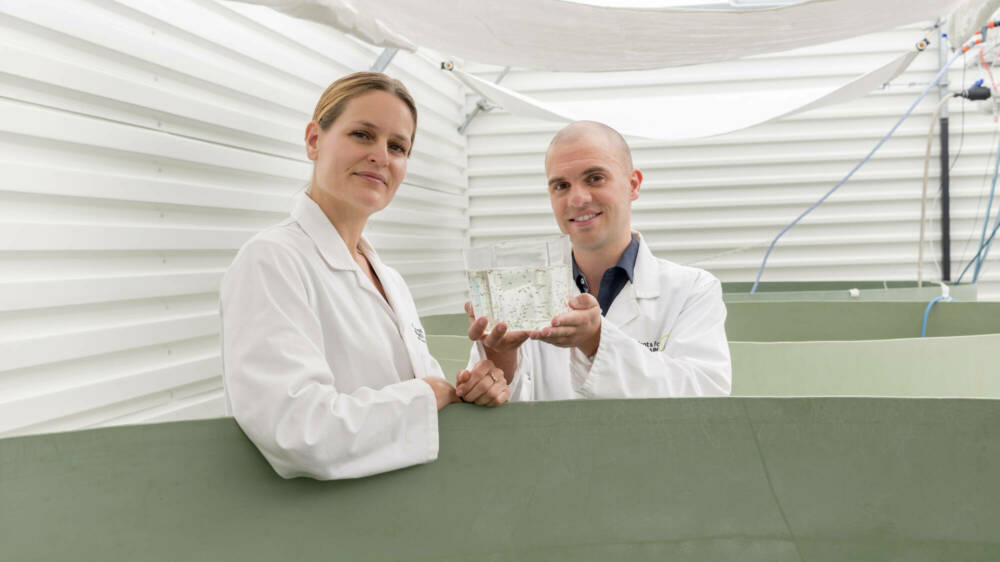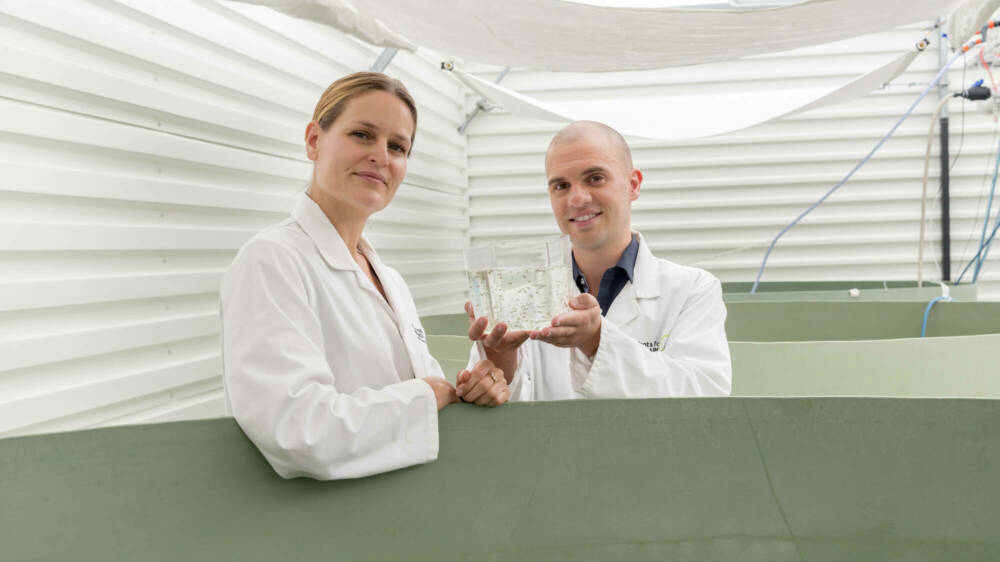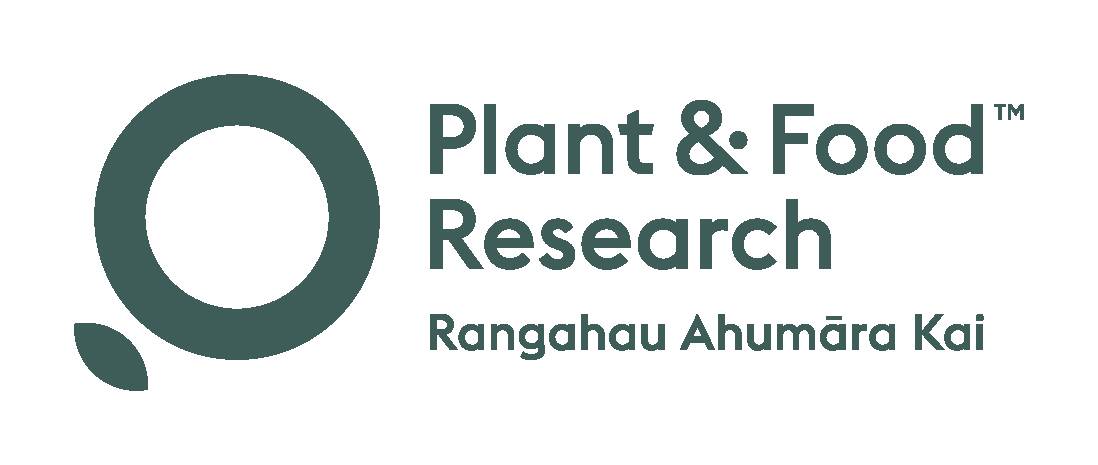Contemporary kaitiakitanga / guardianship of freshwater taonga in Aotearoa New Zealand
Scientists at Plant & Food Research are collaborating with Ngāi Tahu / Kāi Tahu to develop protocols to preserve reproductive cells for iconic or endangered freshwater fish. The research is exploring the ethical, methodological and cultural considerations that should guide the development and use of cryopreservation and surrogacy tools for fish.

Background
This research is looking at understanding the cultural, ethical and methodological considerations relevant for iwi and hapū in developing and using cryopreservation and surrogacy tools for fish. The researchers want to enable conservation, captive breeding and recovery of their freshwater taonga species.
Project details
The research is looking at the iconic giant kokopu / taiwharu whitebait species ; the endangered kōwaro / mudfish; and some non-migratory galaxiid species, many of which are only found naturally within the Ngāi Tahu takiwā / tribal boundary.
This project is backed by the Ministry of Business, Innovation and Employment’s (MBIE) Vision Mātauranga Capability Fund. The goal is to build new connections between Māori organisations and the science system. It also supports Plant & Food Research’s vision to become a trusted and meaningful partner of Māori and promote prosperity by weaving together mātauranga Māori / Māori knowledge with western science.
What they hope to achieve
These technologies are likely to be transferrable to other species. This delivers important applications for conservation and the development of new fish species for aquaculture. It will also provide opportunities to expand the Māori economy through aquaculture diversification, training and employment.

Resource


